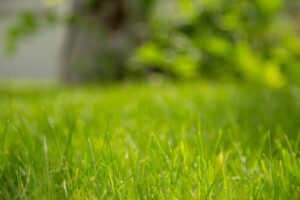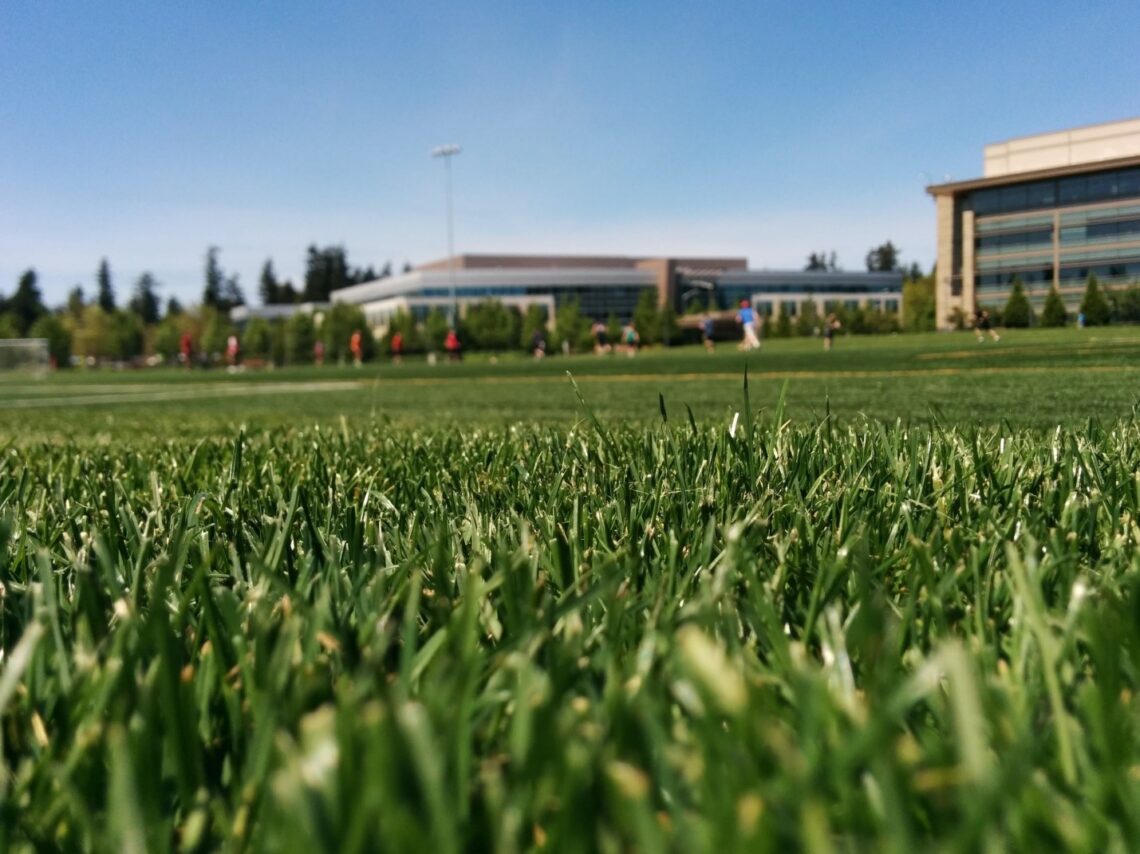Those interested in applying as a sports turf manager should check job postings and send a cover letter and resume to the hiring managers. This will showcase their educational background, work experience, and other qualifications. If they are eligible, the hiring managers may invite them for an interview. During the interview, they can show their personality and skills.
Synthetic grass is safer than natural grass
If you’re considering putting down a sports field in your backyard, consider synthetic grass. This material is just as safe for athletes as natural grass, and it’s much tougher. That means your playing surface won’t become stony during the summer or swamped during the spring rains. Plus, it’ll stay soft all year round.
In one study, researchers from Penn State University compared injuries sustained by athletes on natural grass to those on artificial grass. The study found that injuries suffered on synthetic turf were less severe and required less recovery time. The injuries suffered on artificial grass were less likely to result in head trauma or ligament injuries. Click here for more information.
In addition, synthetic fields can be more level than natural grass, which means they’re less likely to cause injuries. Additionally, artificial turf is easier to clean and has less risk of abrasion. Both of these factors may contribute to increased athlete safety. However, no formal studies have been conducted in high schools, so it’s difficult to determine for sure.
Synthetic fields can be installed more quickly and can be used year-round. This is in contrast to grass fields, which take months to take root and must be closed periodically for maintenance.
In terms of water conservation, synthetic fields are more environmentally friendly than natural grass. For instance, artificial fields don’t require the use of pesticides or water for irrigation. They also save on water because they’re maintenance-free.

It requires less maintenance
Sports turf requires less maintenance in terms of day-to-day tasks. Compared to grass, synthetic turf requires only a little mowing, watering, and fertilizing. Other maintenance tasks involve removing dead leaves and other organic matter from the turf and cleaning. Compared to grass, synthetic turf is less costly and requires less maintenance every year.
A dense, durable sports turf is necessary for playing and athletic fields. Proper selection of grasses, seedbed preparation, and soil drainage are all important factors in producing dense turf. In addition, proper maintenance and application methods are vital to maximizing the life of your field. It is also important to consider the type of soil on which the turf will be installed. A low-quality soil will reduce the lifespan of your sports field.
Artificial sports turf is created using synthetic fibers that mimic natural grass. This type of turf is generally used for outdoor sports and in places with poor weather conditions. Because it requires less maintenance, sports turf is a cost-effective solution for many facilities. In addition to outdoor athletic venues, sports grass is also commonly used on residential lawns and playgrounds.
In addition to requiring less maintenance, artificial grass is safer. Studies have shown that artificial grass is significantly less likely to injure athletes. Those participating in soccer, rugby, and football reported lower-limb and torso injuries more often than those playing on natural grass. This means that the quality of the surface is crucial for the health of your players.
It is cheaper than nylon
Sports grass is a cheaper alternative to nylon or other synthetic grasses. However, it’s important to choose high-quality grass if you want it to last a long time. The cost will depend on the amount of foot traffic it receives and the environmental conditions it’s used in.
Synthetic sports grass is made of synthetic fibers that mimic the look and feel of real grass. It’s generally used in sports venues where natural grass is too expensive or difficult to maintain. Unlike natural grass, grass requires very little maintenance. It’s most common in sports stadiums and playgrounds, but can also be found in residential lawns.
Nylon is the most durable synthetic grass and will hold up better to heat and heavy foot traffic. Click the link: https://en.wikipedia.org/wiki/Nylon for more information about this chemical. It’s also the least absorbent of the three, so it’s a great choice if you have a lot of foot traffic.
Polypropylene grass is less expensive than nylon. However, it won’t hold up as well under constant activity. Nylon grass won’t last as long if it gets beaten up by a constant game of flag football. However, it is stronger and more durable than polypropylene.
Polypropylene is a thin, soft material that is ideal for low-activity areas. It’s also less expensive than nylon but requires more maintenance. It also doesn’t have UV or abrasion resistance like nylon. It can break down if exposed to high temperatures, so it’s often used in conjunction with other UV-resistant polymers.




